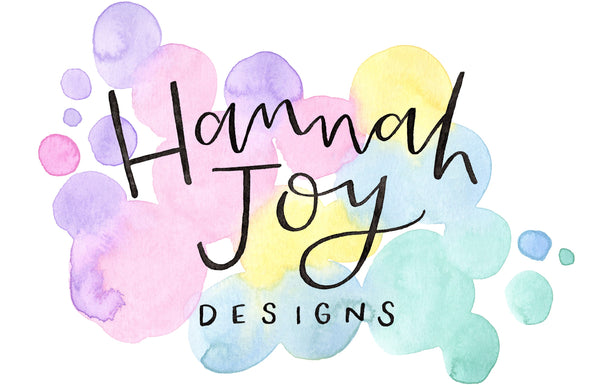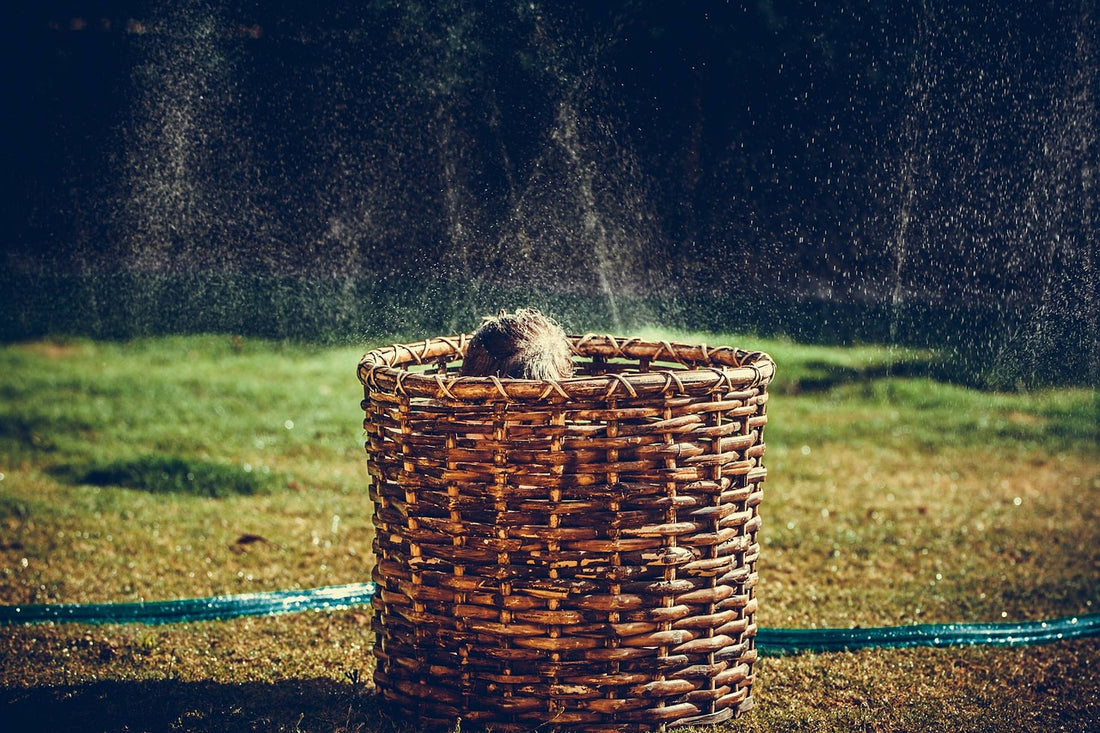Play supports the basis for all learning and development and whether children are playing together, with you or on their own, learning will occur naturally. Learning isn’t just about reading and writing or sitting at a desk, but also about growing confidence, building positive relationships, developing physical skills, managing emotions, developing communication and language skills, plus lots lots more. Play can develop all these skills and also encourages children to try things on their own, problem solve, take risks and practice new ideas and skills. All of these things are vital in life and will support the more focused subjects in the long run. Children all learn differently and at their own pace and play allows for this to happen naturally. The pressure feels lifted for the child and so they are so much more susceptible to engaging in it.

If you are at home with your children right now you might be feeling a huge amount of pressure to teach them in the traditional sense. The term ‘Home Schooling’ is being used a lot at the moment and the thought of it is pretty overwhelming for most. You might not feel qualified to teach your children but parent’s have the biggest influence on children’s development in so many ways. You don’t necessarily have to adopt the approach that the teachers take, you can teach much more freely. So I want to give you some other options for learning and encourage you to have fun and play ...
Playing a board game together – Board games or any similar games will help them to develop turn taking, following rules and understanding instructions, concentration and patience. Depending on the game there may also be counting, reading, spelling or matching involved.
Imaginative play with small world toys such as animals, people, vehicles etc – Imaginative play is great for creativity and it also helps them them to think of things from other people’s perspective, you can explore feelings and they can discover empathy. Children can also learn skills that support literacy from imaginative play, they can make up story lines and think about what will happen next. They can develop characters and plot lines.
Water play – water play is great for developing mathematical skills, by using different sized jugs/cups/bowls they can learn about capacity (full, empty, more, less), fractions (filling the containers half, quarter etc) , sizes (fill the big bowl or the small cup, can you find a smaller one etc). You can make the water different colours to learn about colours and experiment with colour mixing. You can work on large and fine motor skills and hand eye coordination by using empty hand wash bottles or shampoo bottles to squirt the water out and calpol syringes are good fun too. These motor skills are a really important part of developing the coordination needed to help with writing skills.
Chalking outside – not all writing and mark making needs to be on paper at a table. Take it outside and let them go large. This feels so much freer for children, there is no edge of the paper to worry about or furniture that they need to avoid drawing on. Again this is great for big and small motor movements and encouraging creativity. You can also sneak some maths in there while you are at it. You could draw different numbers or coloured spots on the floor and get them to jump onto the one that you shout out, or you could put circles on the ground with letters and get them to put things in the circle from around the garden that start with that letter to help them with their phonics.
Den building – inside or out den building is fun. Plus the added bonus that they might stay in the den and play by themselves for a bit afterwards and give you a little break! Even better make it a ‘no adults allowed’ den! Making dens is a great way to encourage problem solving, try not to always give them the solution but encourage them to work out how for themselves. It encourages imagination and cooperative working together.
Building – whether it’s lego, duplo, wooden blocks or whatever you have to hand, building develops hand eye coordination and concentration. It can involve colour matching and counting or maybe planning and problem solving. They can build something following your instructions or maybe they can be the ones giving out the instructions to develop their communication and leadership skills. Building can lead on to loads of different imaginative play too, why not get them to build a castle and then get some of their play people out to play in it.
So if you are overwhelmed by lesson plans and the school work that you think you should be doing with your children, just remember that lots of those games that they are already playing during the time that you think is ‘just play’, they are still learning. I haven’t suggested anything new here; I haven’t given you a load of new activities that you probably haven’t already done a tonne of times before. But hopefully you can see the benefit of those and where the learning can come in to the most simple of play and games. You are doing a great job of teaching them, sometimes without even realising.
If you are looking for new activity ideas and fun things to do with your child while you are stuck at home then follow me over on Pinterest where I have lots of activity boards full of ideas. I have also been creating some fun activity sheets that you can download on the Free Printables page on my website.


